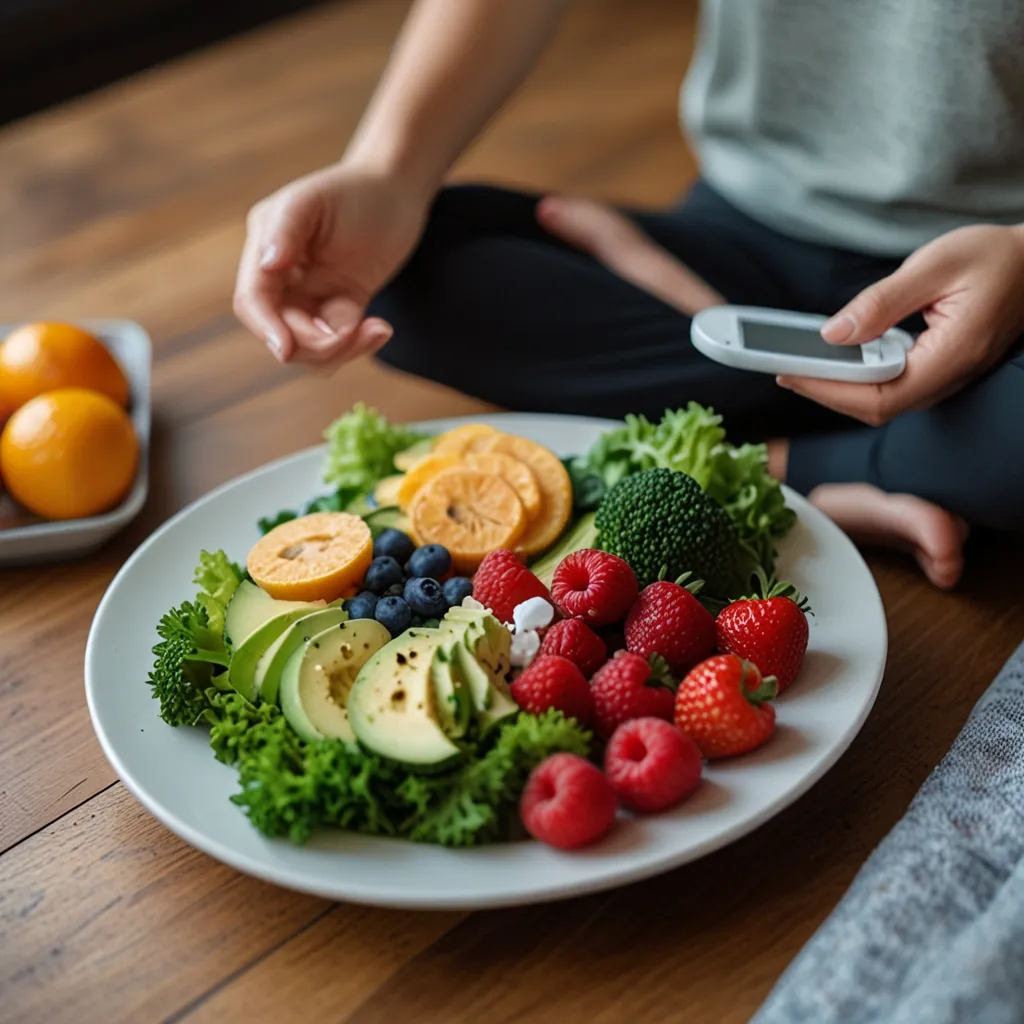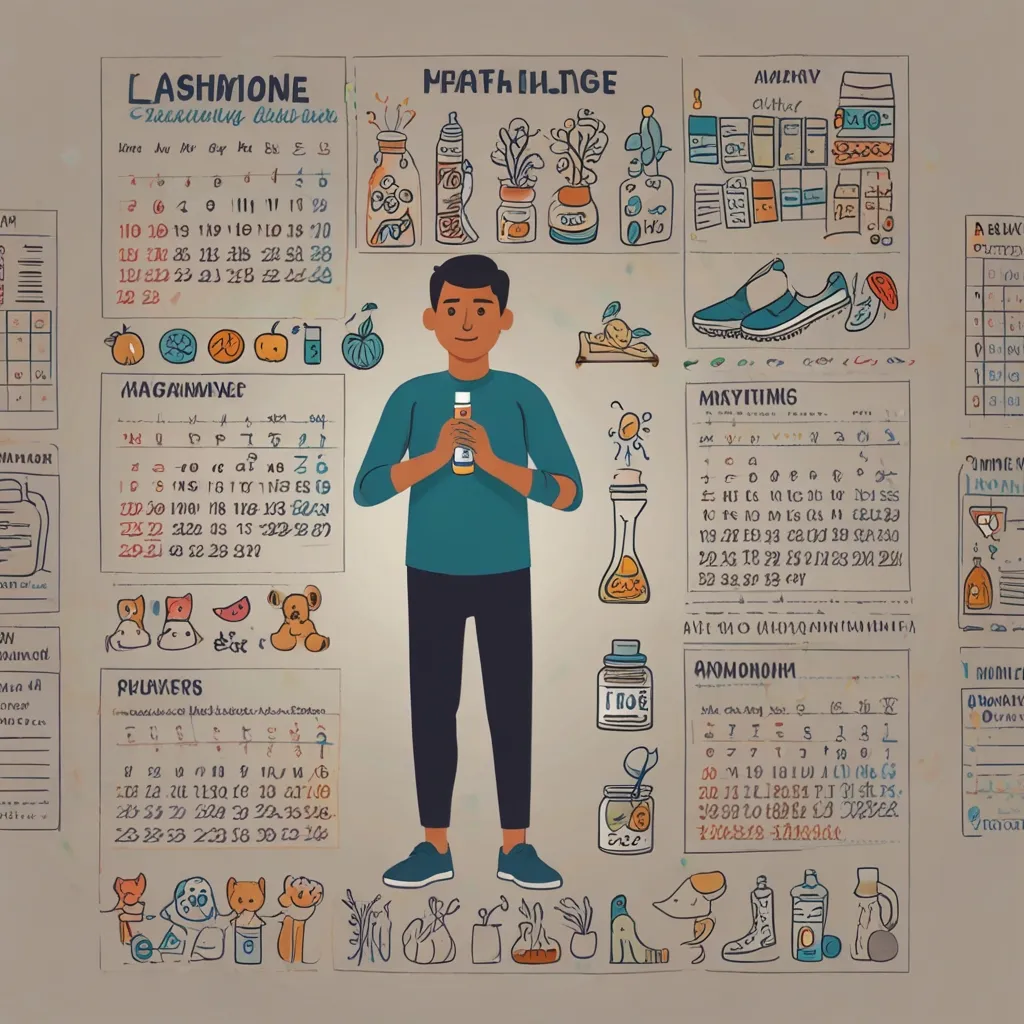Managing blood sugar is super important, especially for those with diabetes or just aiming to stay healthy overall. High blood sugar, or hyperglycemia, can lead to major health issues if it’s not kept in check. Luckily, there are plenty of natural ways to keep those levels down.
First off, keeping an eye on blood sugar levels is crucial. Regularly checking with an at-home glucose monitor or a continuous glucose monitor is really helpful. How often you need to check these levels can vary, so following the guidance of a doctor is key.
Diet also plays a huge role in managing blood sugar. Reducing carb intake is one of the most effective strategies. Carbs break down into glucose and can cause spikes in blood sugar. A low-carb diet can prevent these spikes and help keep levels stable. But it’s always a good idea to talk to a healthcare professional before making any big changes to your diet.
Not all carbs are the enemy, though. Simple carbs, like those in white bread and sugary snacks, cause quick spikes in blood sugar. Complex carbs found in whole grains, fruits, and veggies release sugar more slowly. Foods with a low glycemic index, like sweet potatoes, quinoa, legumes, and non-starchy veggies, are awesome for keeping blood sugar steady and providing essential nutrients.
Exercise is another powerful weapon against high blood sugar. Physical activity increases insulin sensitivity, meaning cells can use glucose more effectively, lowering blood sugar in the short and long term. Great exercises include weightlifting, brisk walking, running, biking, dancing, hiking, and swimming. Even short bursts of exercise can be super beneficial if time is tight.
Staying hydrated is also key. Drinking plenty of water helps kidneys flush out extra sugar. Avoid sugary drinks like fruit juices and sodas, as they can cause blood sugar to spike.
Stress is another factor that can mess with blood sugar levels. Stress triggers the release of hormones like glucagon and cortisol, which can raise blood sugar. Managing stress through exercise, meditation, mindfulness, deep breathing, journaling, or favorite hobbies can help keep levels stable.
Getting enough good sleep is crucial too. Poor sleep can increase insulin resistance and raise blood sugar levels. Aiming for a consistent sleep schedule, avoiding caffeine and alcohol before bed, and creating a comfy sleep environment can make a big difference.
Portion control is important for managing blood sugar. Large portions can lead to consuming more calories and carbs than needed, raising blood sugar levels. Using a 9-inch plate and filling half with non-starchy veggies can help control portions.
Certain herbal supplements might positively impact blood sugar levels, but always discuss them with a doctor first. Some herbs can interact with medications or cause side effects, so professional advice is essential.
For those on diabetes medications, sticking to the prescribed dosage and timing is crucial. Insulin and other diabetes meds can lower blood sugar when diet and exercise aren’t enough. Always store insulin properly and inform a healthcare professional about any medication issues.
Being prepared with a small snack, glucose tablets, or glucose gel, especially during exercise, is a good idea. This can quickly boost blood sugar if it drops too low. Medical identification can also be handy in emergencies.
Lastly, being ready to adjust the diabetes management plan as needed is important. Adjusting insulin doses before exercising and closely monitoring blood sugar levels afterward can help. A healthcare professional can give guidance for making these adjustments.
By weaving these habits into your daily routine, managing blood sugar levels and staying healthy becomes more doable. Always consult a healthcare provider before making significant changes to diet or exercise plans.






